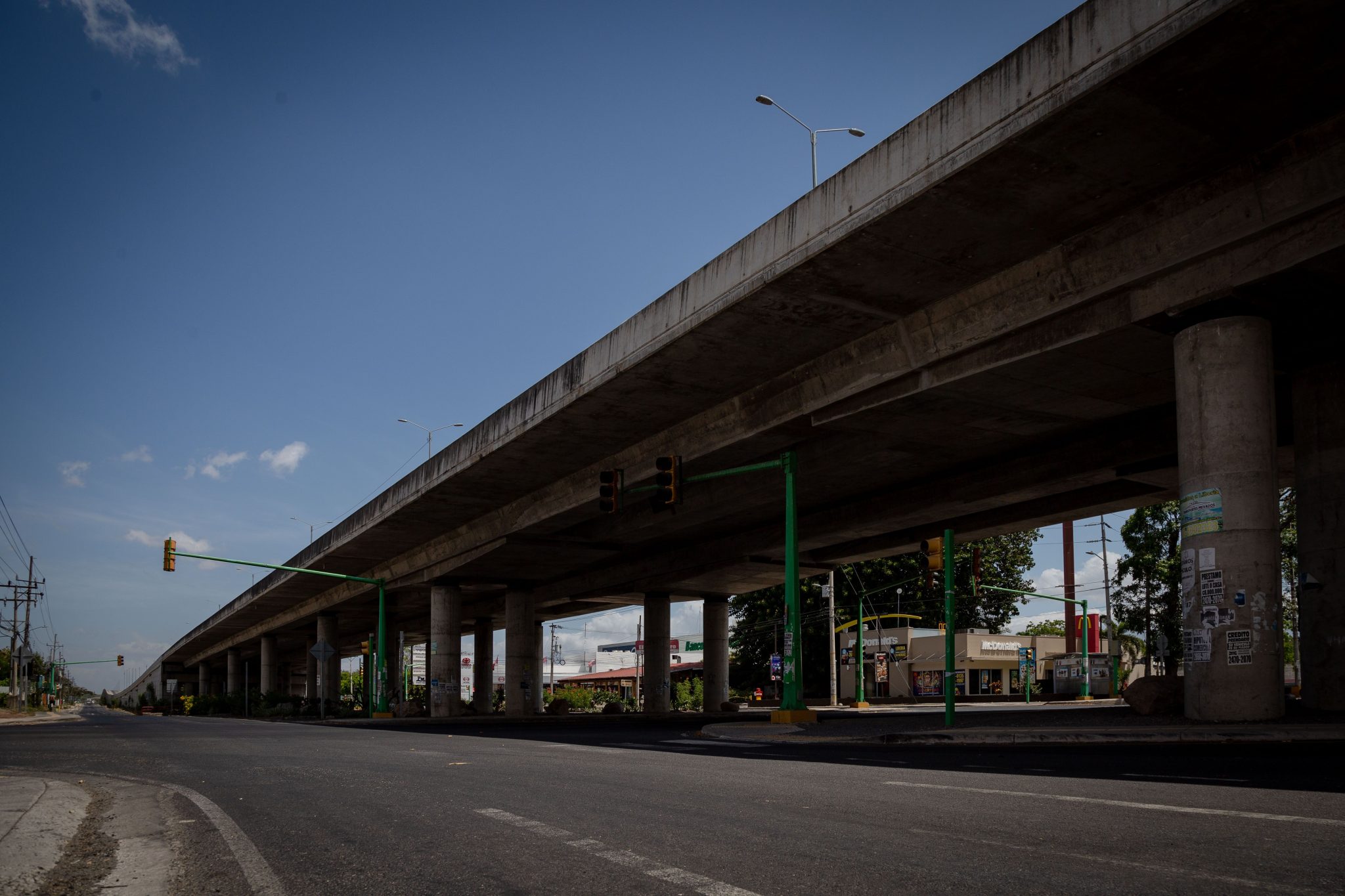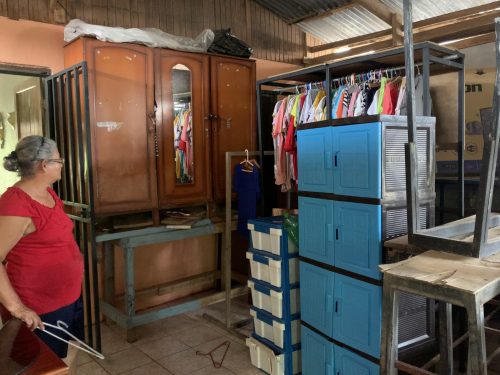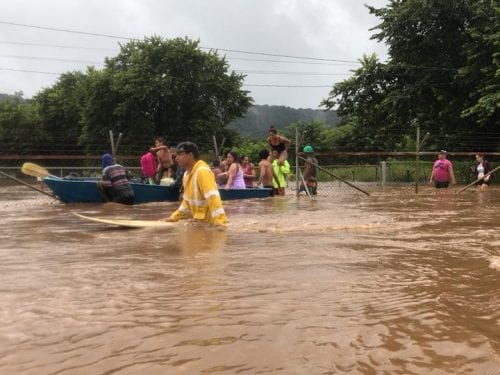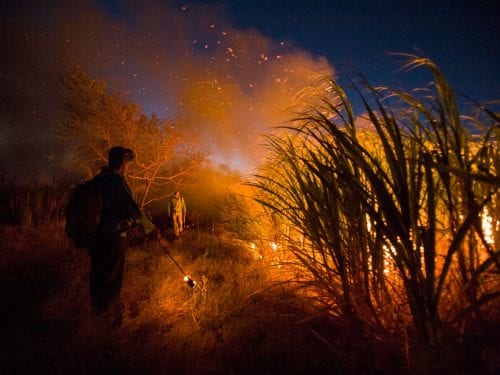
The National Emergency Commission (CNE) is evaluating opening at least one shelter for suspicious or positive cases of COVID-19 in each canton of Guanacaste.
CNE Operations Chief, Sigifredo Perez, said the institution is looking for locations throughout the province to accommodate those unable to shelter in place, people who do not have a place to spend their quarantine or whose residence does not meet the ideal sanitary conditions to do so, such as access to drinking water.
However, the community is against this initiative.
“We have encountered the problem of people not wanting us to set up a shelter to accommodate positives cases of COVID-19, even if they belong to their own canton. People are even saying to us, mainly in the Northern Zone: get them out of here, figure out where to take them,” said Perez.
According to the official, the institution has already evaluated “about six different locations” in the province and has identified areas in La Cruz, Bagaces and Cañas.
Some of them are educational centers, so we are requesting permission to the Ministry of Public Education (MEP) to use these facilities,” explained the operations chief to The Voice of Guanacaste.
The CNE is coordinating with development associations, local emergency committees and other government institutions such as the MEP, to find and prepare these sites.
Liberia’s discord
Nationwide, the CNE maintains two shelters for people with COVID-19. One in San Jose, with 22 people, and another in Peñas Blancas of San Ramon, with 20 people (according to the report as of June 24th, 2020).
In Guanacaste, Liberia is the only canton with a shelter for positive cases of COVID-19: Hotel Javy, in the heart of the city.
Since the hotel started operating as a shelter two weeks ago, according to the CNE, only two people have used the facilities to comply with the sanitary isolation order.
On June 15th, a private Facebook profile called out the Liberian community to protest against the use of these hotel facilities for this purpose. The protest took place at 6 p.m.
“We are not against humanitarian care, nor do we promote xenophobia, but we believe there are places that could work strategically without putting an entire community at risk,” reads the post.
On the same day, other Facebook pages spread information– which the CNE claimed to be false– stating that the hotel “would be used to house illegal immigrants with COVID-19 in the coming days”.
“It is neither for illegal immigrants nor for carrier drivers. That is not true. The principle we are working with is that people should try to isolate and quarantine in their homes, but we want to have a space set up for someone who is not in a position to do so,” Perez added.
CNE pays about ¢16 million per month to the hotel to operate as a shelter. Perez was emphatic that they had to pay for the place because “no one else wanted to dedicate a space to hold positive cases for COVID-19.”
We talked to various development associations, churches, and educational institutions. We work through very shifting scenarios, we cannot wait for someone from the Ministry of Health to call us on a Saturday at 11 p.m., saying he has a positive case and that we have to accommodate him, to then start looking for an option,” the official added.
The Voice of Guanacaste asked to speak with the Mayor of Liberia, Luis Gerardo Castañeda, about the refusal of the canton to host positive cases, however, the press department in the municipality said that “they will not give statements”. According to this department, the CNE failed to consider the administration and the Municipal Council before opening the shelter at the hotel.
An official document from the municipality asks the CNE to clarify certain questions about the operation of the site. These include whether the municipality has a role to play in the operation of the site or whether there is a safety protocol in the shelter.
Until now, the municipality assures that it has not received a response from the Commission.
In accordance with the CNE, Liberia was initially chosen to set up a shelter because it has “housing centers” that can favor the spread of COVID-19. By June 30th, Liberia has the second highest number of active cases in the province, with 31. Nicoya leads with a total of 62.
How does a shelter like Hotel Javy in Liberia work?
People who use such shelters are not patients, according to the CNE. That is, they are not in a complicated medical situation.
Perez was explicit that a person requiring these services must be “totally isolated” and will not be allowed to enter or leave the hotel, or his room, during the mandatory quarantine period.
The staff of the Health Ministry also takes on the responsilibity to call daily and inquire about the person’s health conditions and make a medical visit once a week. During this visit, they make a general health evaluation of those people in the shelter.
I perfectly understand the fear of people, I really do, but deep down it is a matter of humanity. The basic goal is to contain it and prevent it from spreading,” said the head of operations.
Sight of Rain
The onset of the rainy season could further complicate the response to the COVID-19 national emergency, according to the CNE. And in that scenario, having special shelters for people with the virus is a priority.
Perez explained it this way: If a home is flooded in Guanacaste, and someone there tests positive for COVID-19, the CNE cannot relocate that person to a place “with non-infected people”.
According to him, the CNE is suggesting to the local emergency committees the need to prepare three different types of shelters: one for healthy people, one for suspected cases of COVID-19 and one for positive cases.
One of the mayors of Guanacaste, Carlos Armando Martinez, leads the local committee of Nicoya. Martinez said his committee is already looking for those shelters for when the floods happen.
“Also, we are already identifying what would be a possible COVID containment center in the canton. This is something the CNE is asking us to prepare for,” confirmed Martinez.







Comments